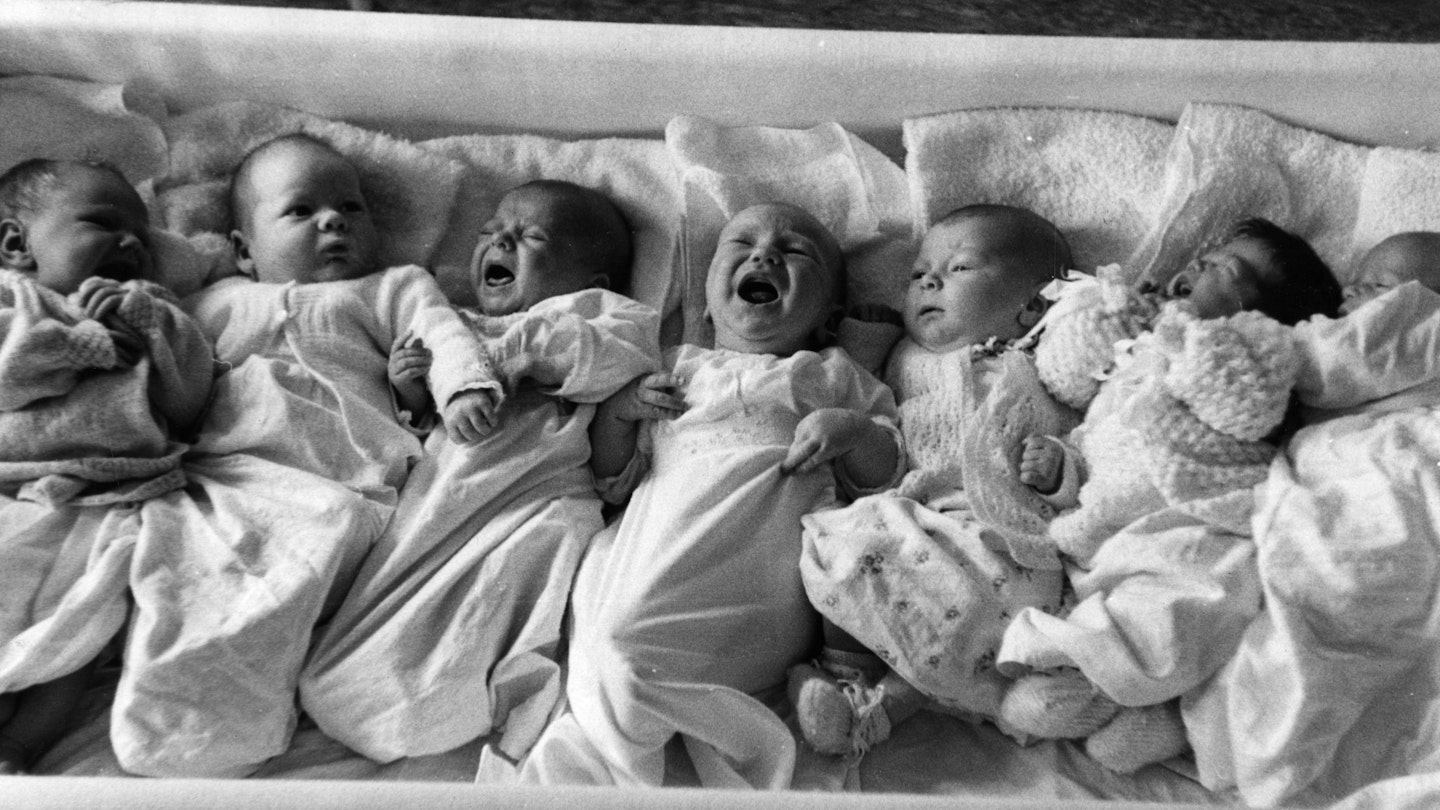Unnerving new research has revealed that women are twice as likely to suffer serious blood loss and severe tears during childbirth in some hospitals. A National Maternity and Perinatal Audit report of maternity services in Great Britain showed that third and fourth-degree tears occurred in one in 30 vaginal births, but that in some units it was actually one in 15, between 2015-16.
The report was based on the electronic records of nearly 700,000 births and showed that the rate of haemorrhage during childbirth (a huge cause of illness in postnatal women) was as high as one in 20 in some maternity units.
The number of women affected by tears (obstetric anal and sphincter injuries) varied broadly from hospital to hospital, with Royal Sussex County Hospital reporting 6.5% of women affected, with drastically less (0.6%) at Dr Gray’s Hospital, NHS Grampian.
The overall percentage of women suffering serious tears in England, Scotland and Wales while giving birth stands at 3.5%. Unexplained variation needs some investigation, according to president of the Royal College of Obstetricians and Gynaecologists Prof Lesley Regan: 'We urge all maternity units to examine their own results and those of their neighbours both to identify role models and to drive quality improvement locally.'.
Other grim facts uncovered by the report include news that 14% of women in England were smoking at their first antenatal appointment, compared with 16% in Scotland and 18% in Wales. In addition, one in five pregnant women were obese, with a BMI of 30 or over, and fewer than half had BMIs within the normal range (between 18.5 and 25).
As reported by the* BBC*, vice-president for research at the Royal College of Paediatrics and Child Health, Anne Greenough, said: ‘The health and behaviours of mothers during pregnancy can have a real impact on the health of their unborn child. It's critical that public health, maternity and paediatric services work together to ensure that all children get the best start in life’.
READ MORE: A New Smartwatch Is Set To Replace Pregnancy Tests By Alerting Women When They Conceive
READ MORE: What Is The Algorithm Birth Control Method And Does It Work?
